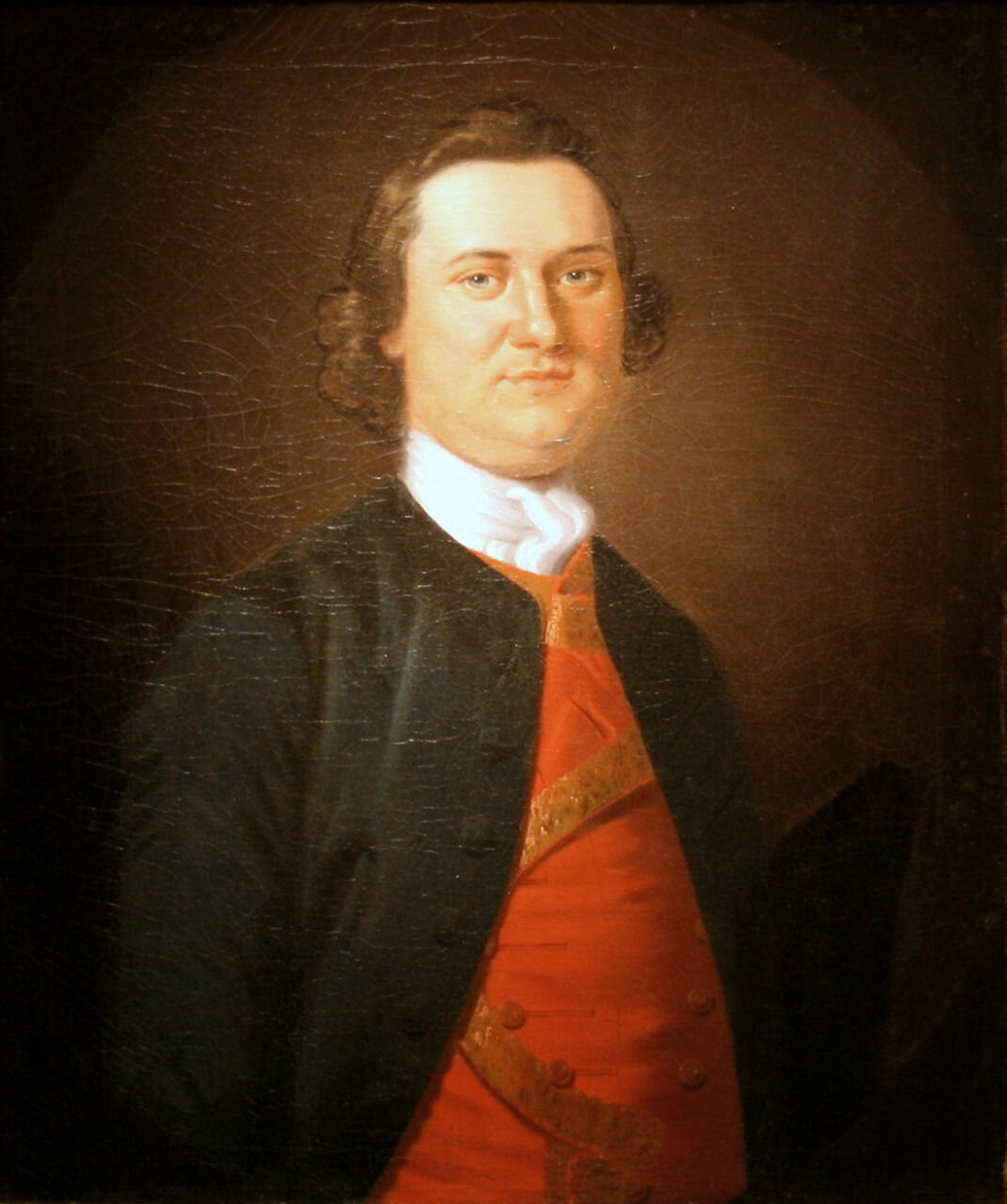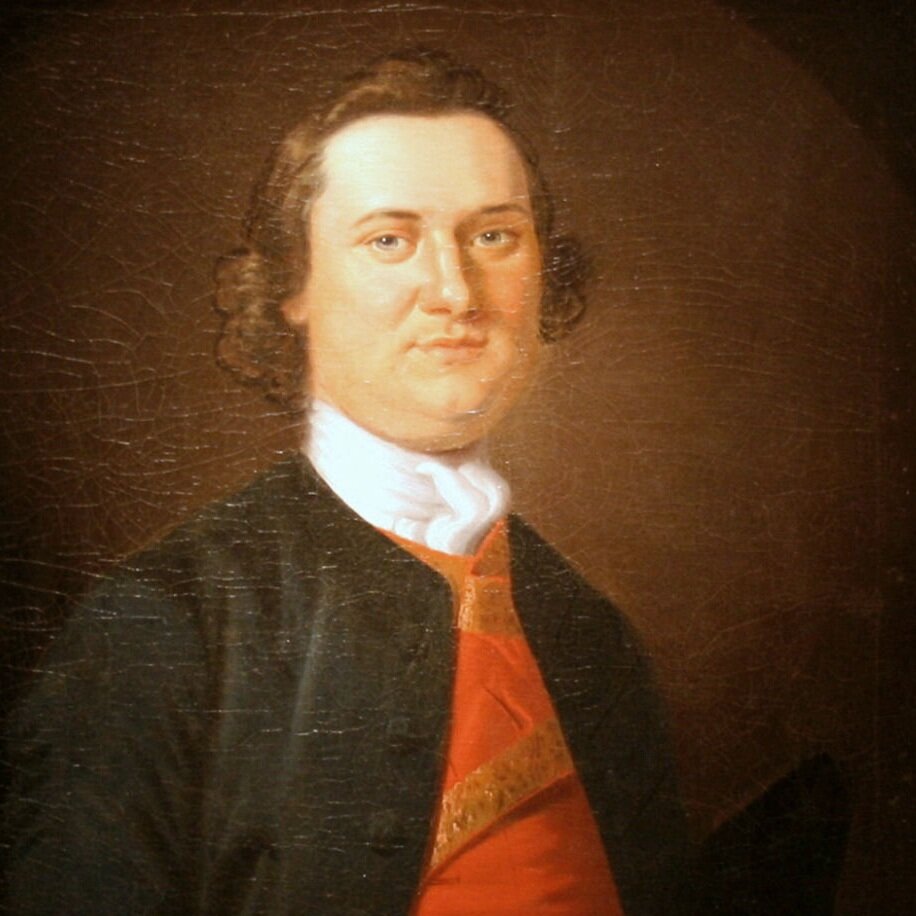
Lewis Morris
New York
Born into a world of privilege and opportunity on April 8, 1726, Lewis Morris used both in support of and as a sacrifice for his country. He descended from Richard Morris, an officer in Oliver Cromwell’s army who immigrated to New York in 1660. Young Lewis was tutored at home. At age 16, he began his collegiate studies at Yale and graduated in 1746.
Upon his graduation from college, Mr. Morris returned home to help his father run the family’s large agricultural estate. He, eventually, became the Third Lord of the Manor of Morrisiana when his father passed away in 1762. In addition, he managed many properties in New York and New Jersey. This, plus the family estate, brought him considerable wealth. His influence grew and he was appointed a judge of the Court of the Admiralty. He was also voted into the Colonial Assembly of New York (1769) and the Provincial Assembly (April 1775).
Despite being in public service, Lewis Morris came to become quite discontent with the crown. In light of the heavy debts incurred by the recent French and Indian War, the crown saw the colonies as its personal bank to draw from in order to service its debt. The Sugar and Stamp Acts were such means, which impacted all colonists. Locally, a tax was proposed to fund a royal garrison stationed in New York for security. The provincial assembly voted not to support the crown’s proposal, but the governor ignored the assembly’s decision and seized the money anyway.
It was this action, plus many others, that pushed Lewis Morris to become a patriot more and a loyalist less. The British government became more and more meddlesome in colonial trade activity. For example, the government required goods be shipped in the hulls of English vessels and pass through English ports. In 1774, Mr. Morris resigned from his judgeship in the Admiralty Court. He, then, served in the Provincial Congress, the colonial alternative to the General Assembly. It was this body that sent Mr. Morris to the Continental Congress. He served from 1775 to 1777.
Despite the existence of an alternate governing body, there was still a fair amount of loyalty to the crown and hopes of the situation being rectified through negotiation rather than conflict. When the Provincial Congress heard of the consensus exhibited by the other colonies on July 2nd and 4th regarding the resolution for independence and its declaration respectively, it directed Lewis Morris and the other New York delegates to vote in favor of independence on July 9th. On this day as well, General George Washington read the Declaration on the commons of New York City and King George III’s statue was torn down in Bowling Green park.
The British response to New York’s rebellious act was swift. Thousands of troops flooded the city and defeated the Continental Army at the Battle of Long Island on August 27th, 1776. Afterward, British soldiers brought destruction to houses, woodlands, fields, fences, and livestock. Mr. Morris was among those who lost much.
During the war, Mr. Morris commanded men in battle as a brigadier general of the Westchester County militia. He also, as a congressional delegate, served on a committee in charge of procuring ammunition and gunpowder for the army.
In 1777, Lewis Morris left the Continental Congress and returned to local public service as a judge in Westchester County and later as a state senator. He also worked tirelessly to return the Manor of Morrisania to its original state of elegance and productivity. Also, he worked diligently to improve public education in the state working with the Regents Office. In addition, he worked to improve the state’s roads and canals to improve trade and transportation. Much of his work as a senator would enable the improvements he sought to become realities in the coming years.
On January 22, 1798, Lewis Morris passed away at his beloved, rebuilt Morrisania. In addition to rebuilding his own manor and plantation, he helped rebuild and improve his home state. He is interned in St. Anne’s Church in the South Bronx.
Lewis Morris lived to be 71 years of age.


